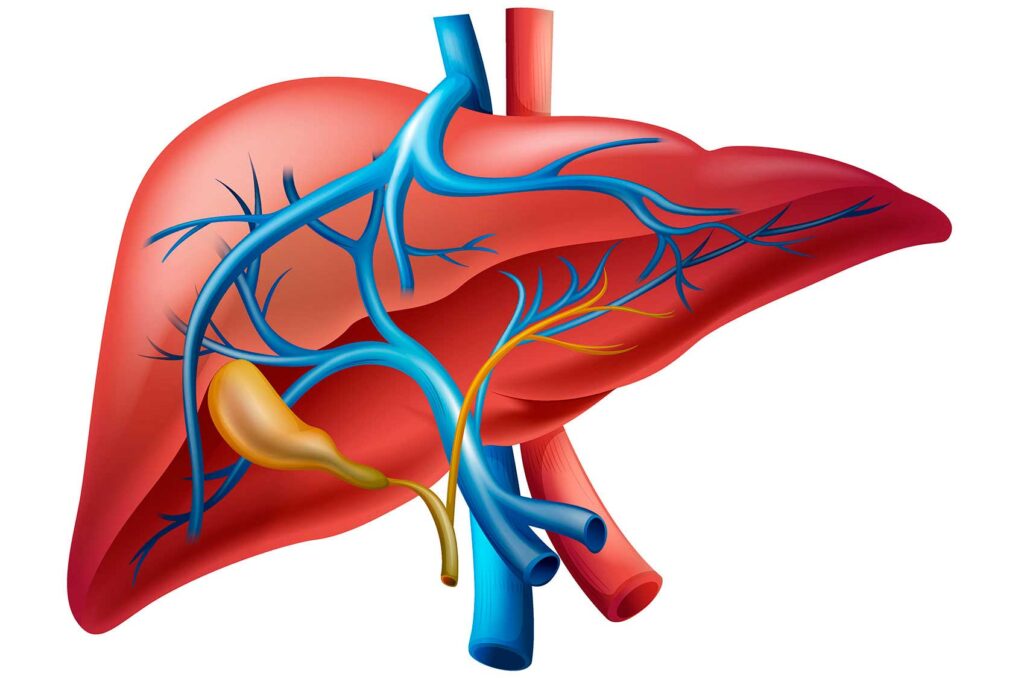Liver Disorders
- Home
- / Dr. Raosaheb Rathod

Dr. Raosaheb Rathod
M.B.B.S, M. D. (Medicine), D.M. (Gastroenterology)
Book Appointment

Liver Disorders
Liver disorders encompass a wide range of conditions that affect the liver’s structure and function, often leading to significant health implications. Common liver disorders include hepatitis (both viral and autoimmune), alcoholic liver disease, non-alcoholic fatty liver disease (NAFLD), cirrhosis, liver cancer, and genetic liver diseases such as hemochromatosis and Wilson’s disease. These disorders can arise from various causes, including viral infections (such as hepatitis B and C), excessive alcohol consumption, obesity, metabolic syndrome, autoimmune reactions, genetic mutations, and exposure to toxins or medications.
Symptoms of liver disorders can vary but may include jaundice (yellowing of the skin and eyes), abdominal pain and swelling, fatigue, nausea, vomiting, itching, and changes in appetite and weight. Chronic liver diseases like cirrhosis can progress silently over years, leading to irreversible liver damage and complications such as portal hypertension, ascites (fluid buildup in the abdomen), hepatic encephalopathy (confusion and coma due to liver failure), and an increased risk of liver cancer.
Diagnosis of liver disorders typically involves a combination of medical history, physical examination, blood tests to assess liver function and detect viral markers, imaging studies such as ultrasound or CT scan, and sometimes liver biopsy to evaluate tissue changes. Treatment approaches depend on the specific disorder but may include lifestyle modifications (such as diet and exercise), medications to manage symptoms and slow disease progression, interventions to manage complications, and in severe cases, liver transplantation.
Early detection, proper management, and lifestyle changes are crucial in managing liver disorders effectively, preventing disease progression, and improving overall prognosis and quality of life for affected individuals.
